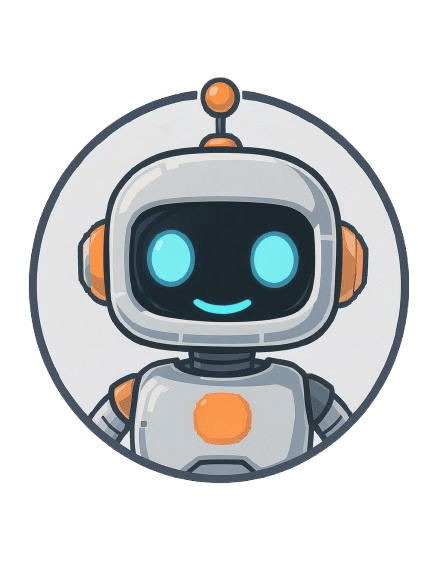
What is Deep Learning? The AI That Knows You Better Than Your Mum
Estimated read time... 4 - 6 minutes
📺 Netflix Just Outed Your Secret Obsessions
Netflix just recommended another true crime documentary about a serial killer who collected vintage teacups. Again.
You've never searched for teacups, you're not particularly interested in vintage anything, and yet somehow Netflix is convinced you need to know about this very specific criminal obsession.
Worse yet... you're probably going to watch it.
Welcome to deep learning - the AI that's basically become a digital stalker, except it's trying to help you find your next binge-watch rather than hide in your bushes.
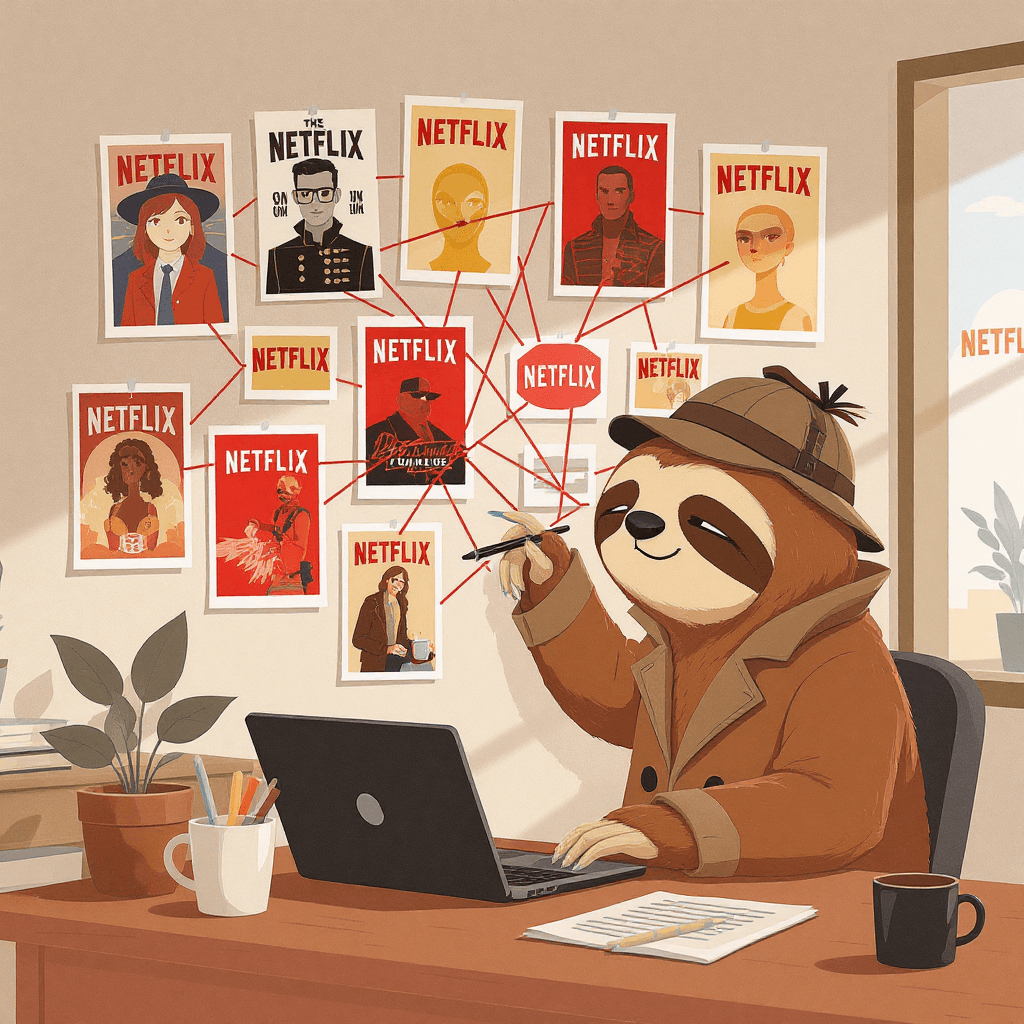
🔍 What Actually Is Deep Learning? (The Non-Boring Version)
Right, forget everything you think you know about AI. Deep learning isn't some robot brain plotting world domination. It's more like having an obsessive mate who notices absolutely everything.
You know that friend who remembers you ordered a flat white at 2:47 PM on a Tuesday in March 2019, and somehow connects that to why you'll probably love this new coffee shop in Shoreditch? That's deep learning, except it's doing this for millions of people simultaneously without needing therapy.
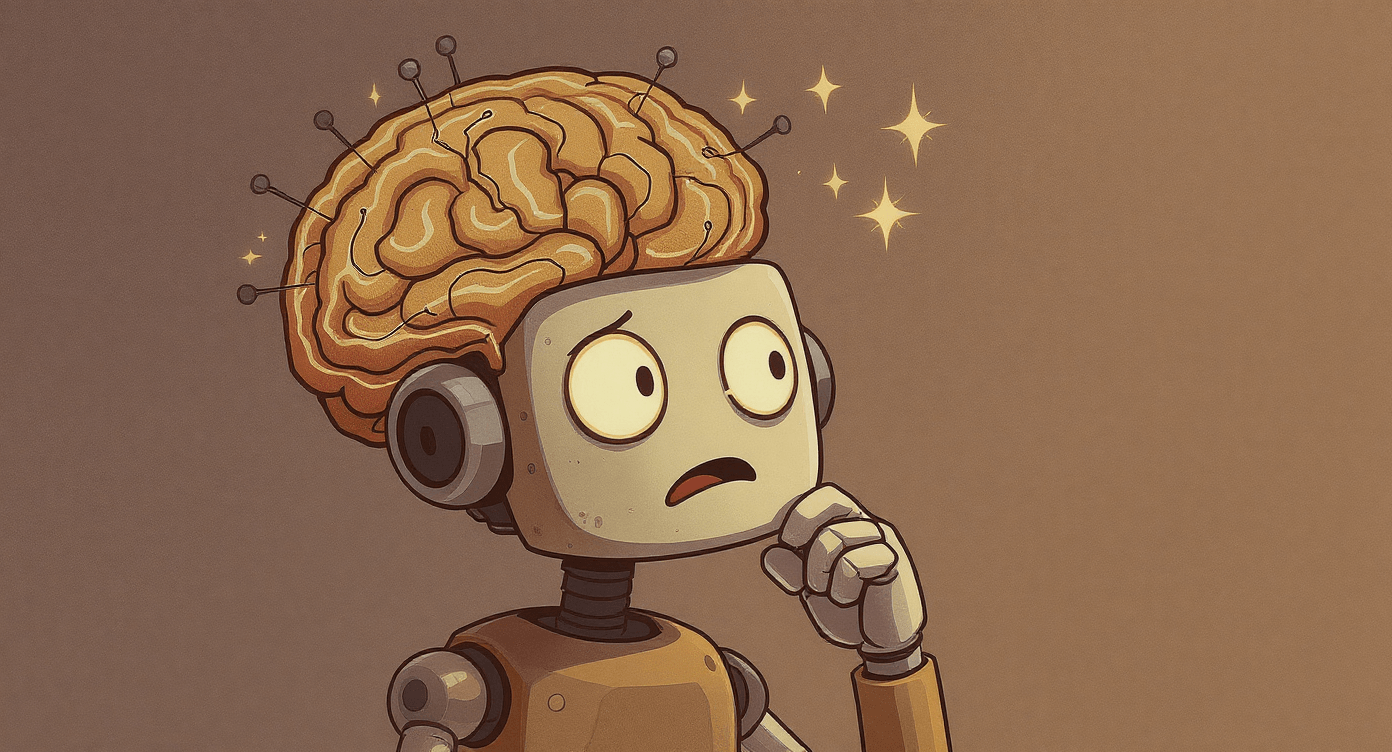
It works by stacking loads of pattern-spotters on top of each other - imagine a tower of very pedantic detectives, each looking for different clues.
The bottom detective spots basic stuff like "this is a line," the middle one goes "that's definitely a face," and the top one concludes "that's Dave from accounting, and he looks hangry again."
The "deep" bit just means there are loads of these detective layers. More layers = more obsessive pattern-spotting = eerily accurate predictions about your life choices.
Mental fact: Deep learning powers 80% of Netflix's recommendations. So yes, an algorithm decided you have serial killer documentary energy. Make of that what you will.
🧠 Quick fact : Deep learning powers 80% of Netflix's recommendations - which drives most of what people actually watch
🔮How This Digital Mind-Reading Actually Works
Here's the thing - you don't need to understand the maths (trust me, you don't want to). But here's what's happening behind the scenes:
It hoovers up ridiculous amounts of data: We're talking years of everyone's viewing habits, shopping choices, and digital behaviour. It's like having access to everyone's diary, browser history, and that weird stuff they buy at 3 AM.
It spots patterns humans would never notice: Stanford researchers discovered that people who pause shows frequently actually finish them more often than speed-watchers. Who knew procrastination was a sign of commitment?
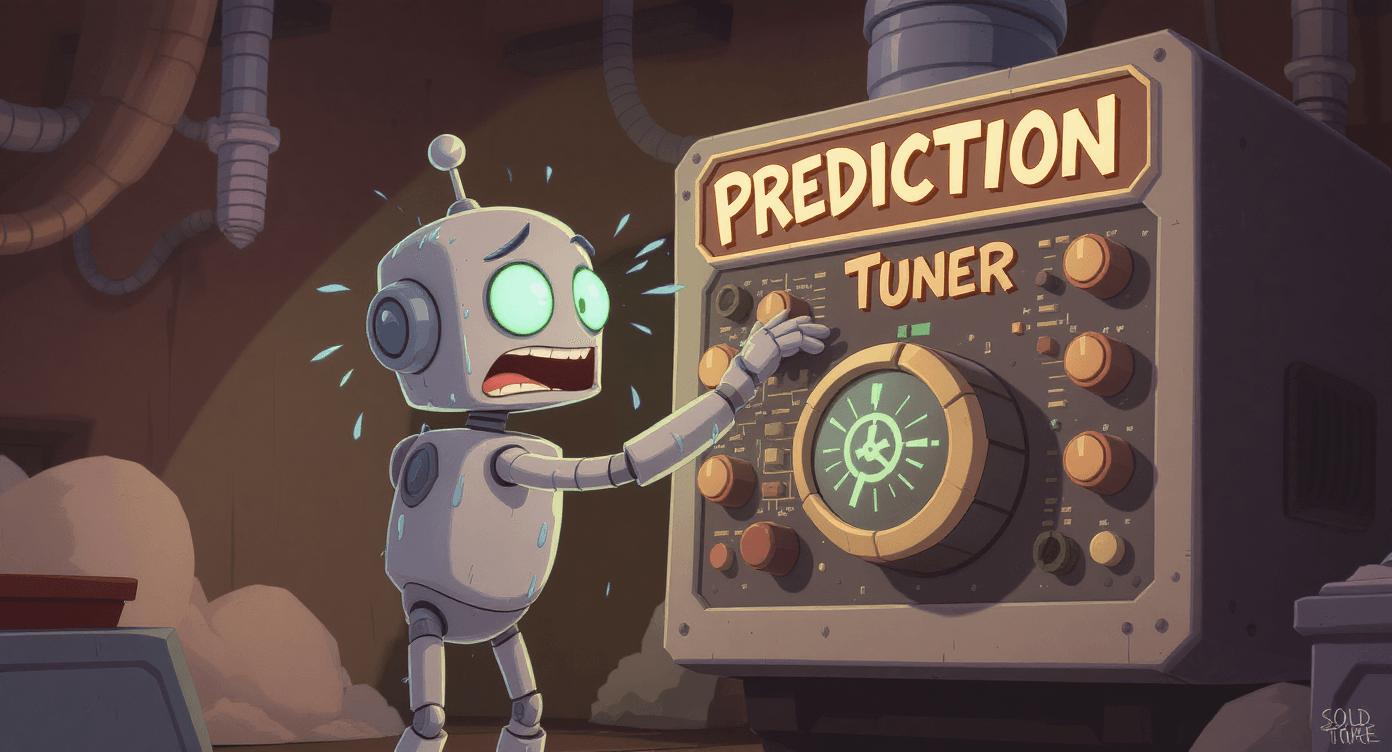
It gets everything wrong, then learns: Every time it spectacularly fails (like suggesting romantic comedies to someone going through a messy divorce), it adjusts. Millions of tiny "oops, my bad" moments create something surprisingly smart.
It compares you to everyone else: When you open Netflix, it's not just looking at your history. It's thinking "Sarah likes true crime, pauses frequently, watches on Sunday nights, and bought houseplants last month. Who else fits this weirdly specific profile?"
OpenAI's research shows computing power for AI increased by more than 300,000x since 2012 - with a 3.4-month doubling time compared to Moore's Law's 2-year doubling period."
🕷 The Creepy-Cool Stuff You Use Daily (Whether You Know It Or Not)

Your phone knows your face better than you do: Apple's facial recognition works even when you're wearing sunglasses, a hat, and the general expression of someone who's just seen their credit card bill. 99.65% accuracy, which is frankly showing off.
Alexa understands your 3 AM mumbling: "Alexa, wh's the wether tomorr?" gets translated perfectly despite your mouth being full of leftover pizza and your pronunciation resembling a drunk badger.
Spotify knows your emotional state: Ever notice how it suggests upbeat music when you've been playing sad songs all week? That's not coincidence. It's intervention.
Your emails don't get flooded with spam: Deep learning catches increasingly creative attempts to sell you crypto, miracle weight loss pills, and opportunities to help Nigerian princes with their banking difficulties.
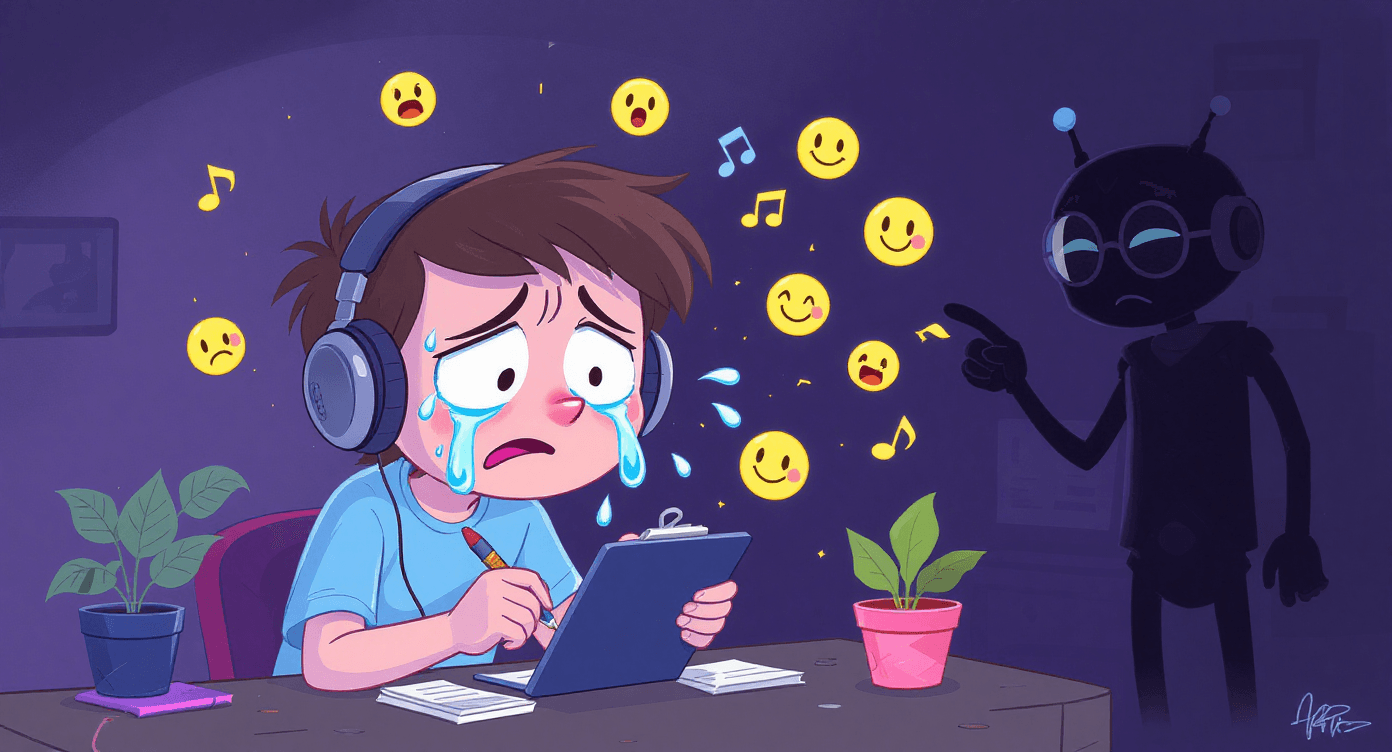
Google Maps predicts traffic jams: Not just current traffic - future traffic. It knows that roadworks on the M25 will cause chaos before the cones are even placed. Witchcraft.
Amazon suggests stuff you actually want: That phone case recommendation 0.3 seconds after you buy a phone? They know you'll need it because literally everyone does. Resistance is futile.
Research published in Complexity shows machine learning ensemble methods now detect fake news with 94% accuracy - officially better at spotting bullshit than we are.
🧠 Quick fact : Image recognition with deep learning is now more accurate than humans at spotting objects in photos
💼 Why Your Small Business Should Care (Plot Twist: You're Already Using It)
Here's the secret: you don't need Google's budget to benefit from this tech. You're probably already using it without realising.
Real examples from actual businesses:
My mate Sarah runs a bakery in Manchester. She started using Shopify's built-in analytics (which uses deep learning) to spot when customers abandon their online orders.
Turns out, sending a "forgot something delicious?" email exactly 2 hours after abandonment increased her sales by 23%. She's not a tech wizard - she just clicked a button that said "automated recovery emails."

Inventory that thinks ahead: Remember when Sports Direct seemed to magically have exactly the right amount of winter gear when the weather turned?
They use AI to predict demand based on weather forecasts, last year's sales, and local events. 15% less overstock = 15% more profit.
Social media that doesn't suck: Instead of posting randomly and hoping for the best, tools like Buffer's AI analyse when your specific audience is online and engaged.
Not "best times for everyone" - best times for your weird customers who buy artisanal soaps at midnight.
Content that writes itself: Check out our guide to 7 beginner-friendly AI tools that actually make life easier while you focus on the stuff that actually needs your brain.
The reality? You're not building rocket ships. You're using tools that smart people have already built. It's like Netflix's recommendation engine, but for figuring out what your customers actually want.
McKinsey found that businesses using AI personalisation see 10-15% revenue increases. Not bad for pressing a few buttons.
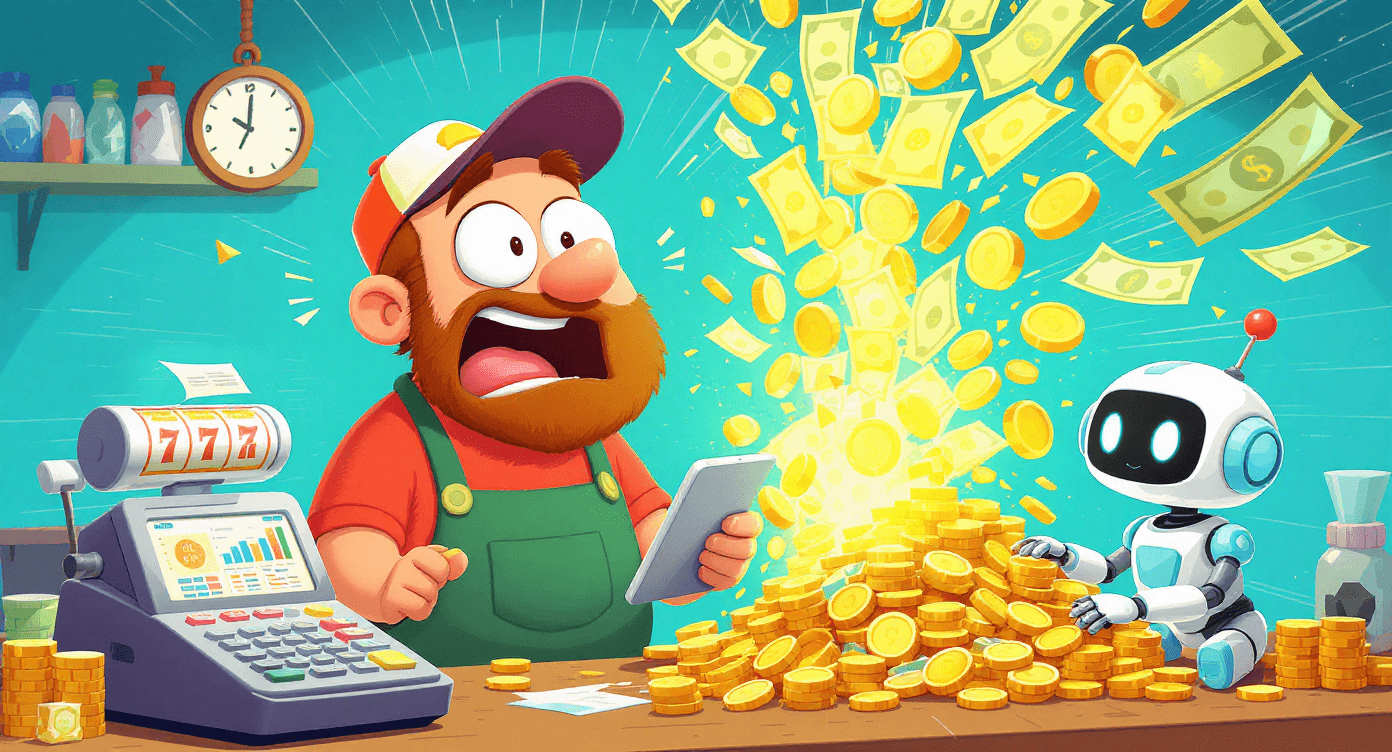
🫘The Honest Truth (Because We're Not Selling Magic Beans)
Deep learning isn't perfect. It's more like a brilliant friend who's occasionally spectacularly wrong:
It needs loads of data: Think millions of examples, not your spreadsheet with 47 rows
It's a black box: Gets brilliant results but can't explain why (like that friend who always knows which queue will move faster)
It can be confidently wrong: Ever seen Amazon suggest baby clothes because you bought a gift for your nephew? Yeah, that
It learns weird patterns: Early AI thought all huskies lived in snow because most training photos were from winter
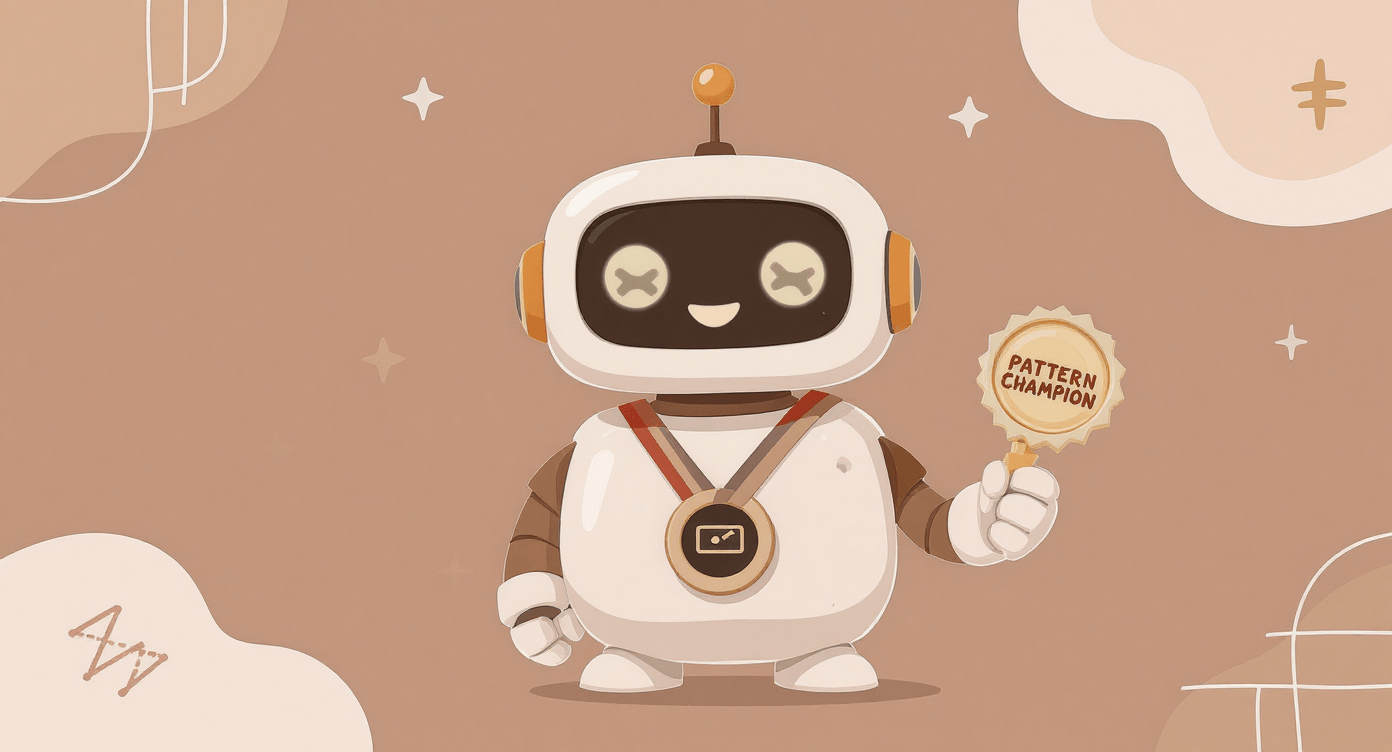
But when it works? It's like having a crystal ball that's right 90% of the time.
Want to avoid the most common pitfalls? Our guide to 5 common AI mistakes beginners make (and how to fix them fast) will save you from the typical headaches.
🥾 Ready to explore without the overwhelm?
Our Prompt Like a Pro guide gives you proven prompts that actually work, or grab our free Beginner's AI Cheat Sheet - no PhD required, promise.
📖 Ready to Explore Deep Learning?

That Netflix algorithm learning from your teacup serial killer viewing choice? By next week, it'll have quietly adjusted your recommendations based on whether you watched 5 minutes or binged the entire series at 2 AM.
This is your life now - surrounded by AI that's constantly learning, adapting, and getting slightly better at predicting what you want before you know you want it.
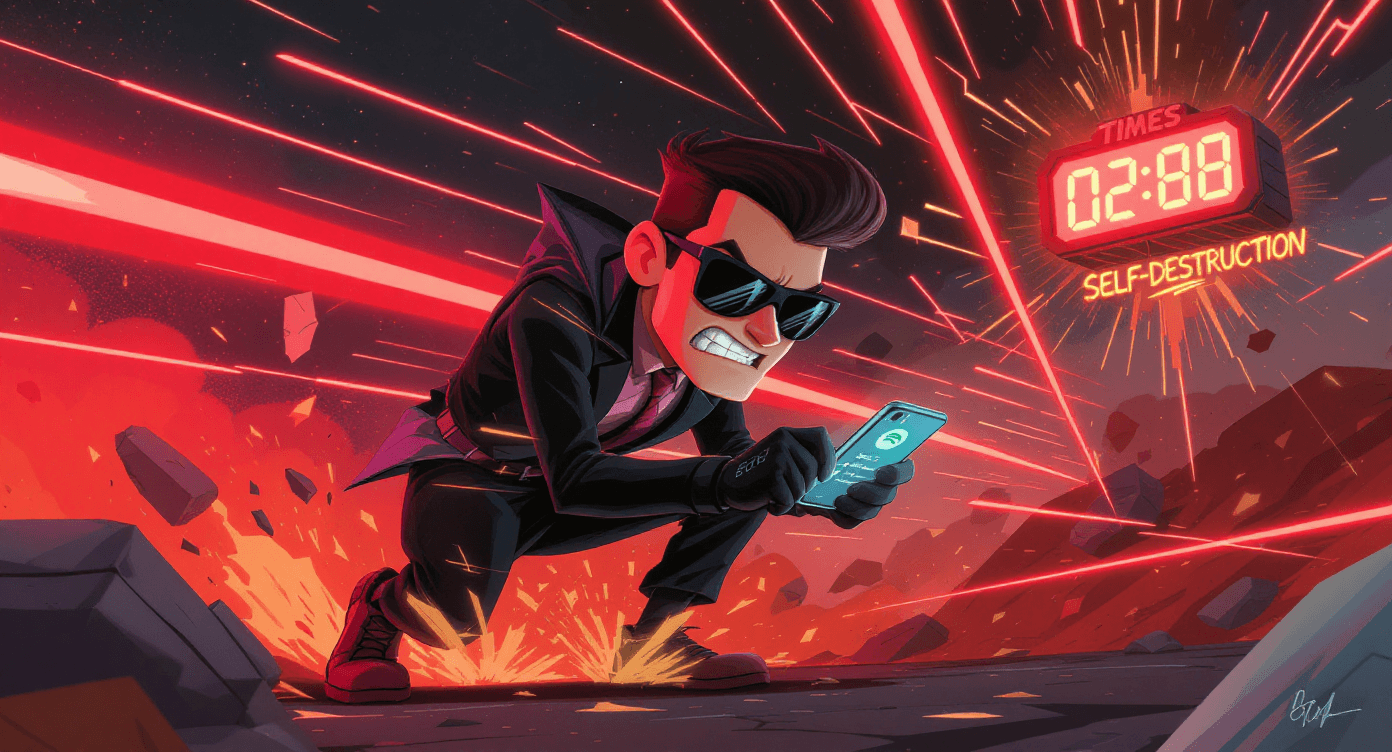
Your mission (should you choose to accept it): Spend this week noticing when AI gets it right. Spotify's perfect "rainy Tuesday afternoon" playlist.
Google Photos finding that photo of your dog from 2019 when you search "good boy." Amazon somehow knowing you need bin bags before you realise you're out.
Then notice when it fails spectacularly. Like when YouTube suggests meditation videos after you've been watching Gordon Ramsay compilations for three hours.

Want to use this mind-reading tech in your business?
Check out our guide on choosing AI tools that actually make sense for normal humans running normal businesses.
Ready to start experimenting?
Our step-by-step guide shows 4 simple ways to start using AI today without breaking anything important.
The future isn't about understanding how deep learning works - it's about recognising when it's working on you, and maybe using that insight to your advantage.
Just remember: somewhere, an algorithm is learning from the fact that you read this entire article. Sweet dreams.
📳 Want more AI insights that won't make your brain hurt? SimplifyAI translates tech-speak into human-speak, because you've got better things to do than decode corporate buzzwords.
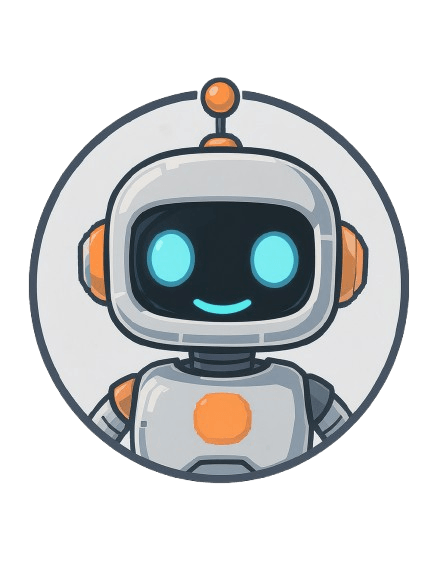
Simplify AI
Making AI make sense -- one prompt at a time
Declaration
Some links on this site are affiliate links.
I may earn a small commission, but it doesn't
cost you anything extra.
I only recommend tools i trust
Thank you for your support
Socials
Location
Based in Mansfield, Nottinghamshire
Simplifying AI for beginners, no matter
where you're starting from.
All Rights Reserved.